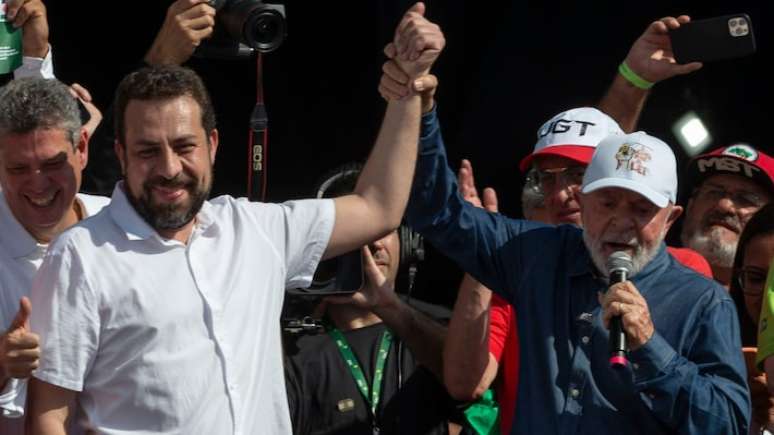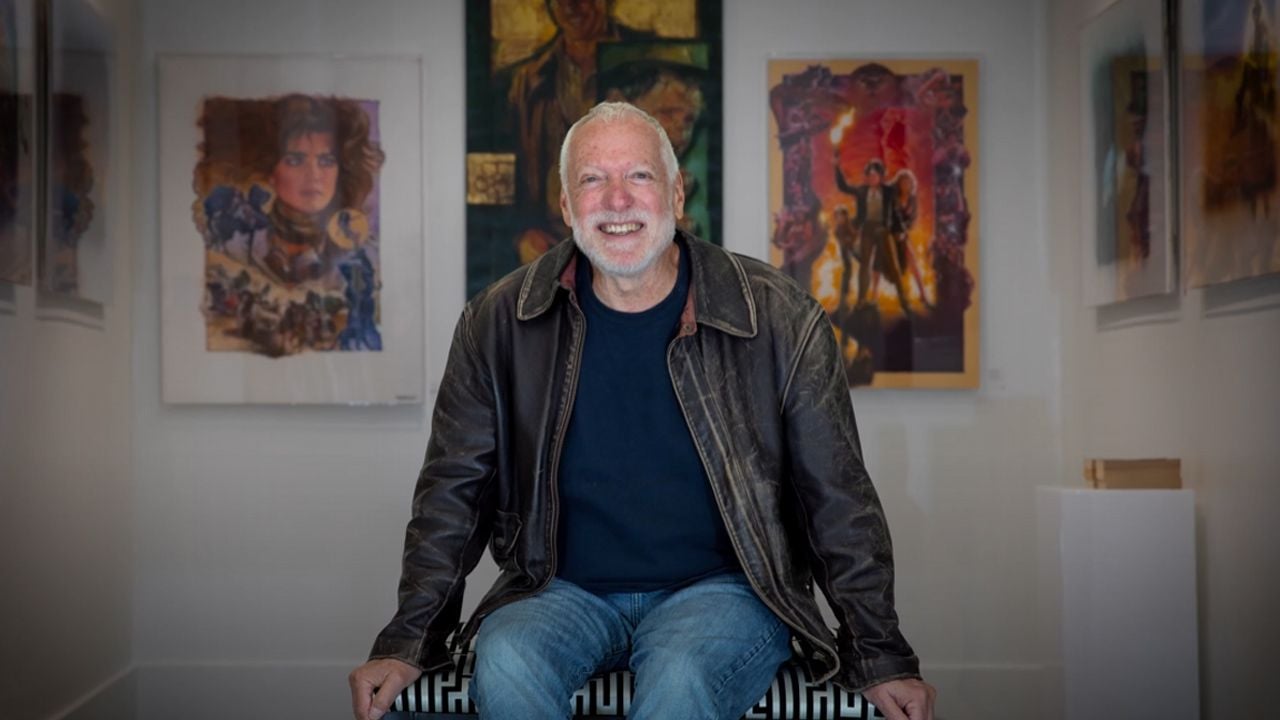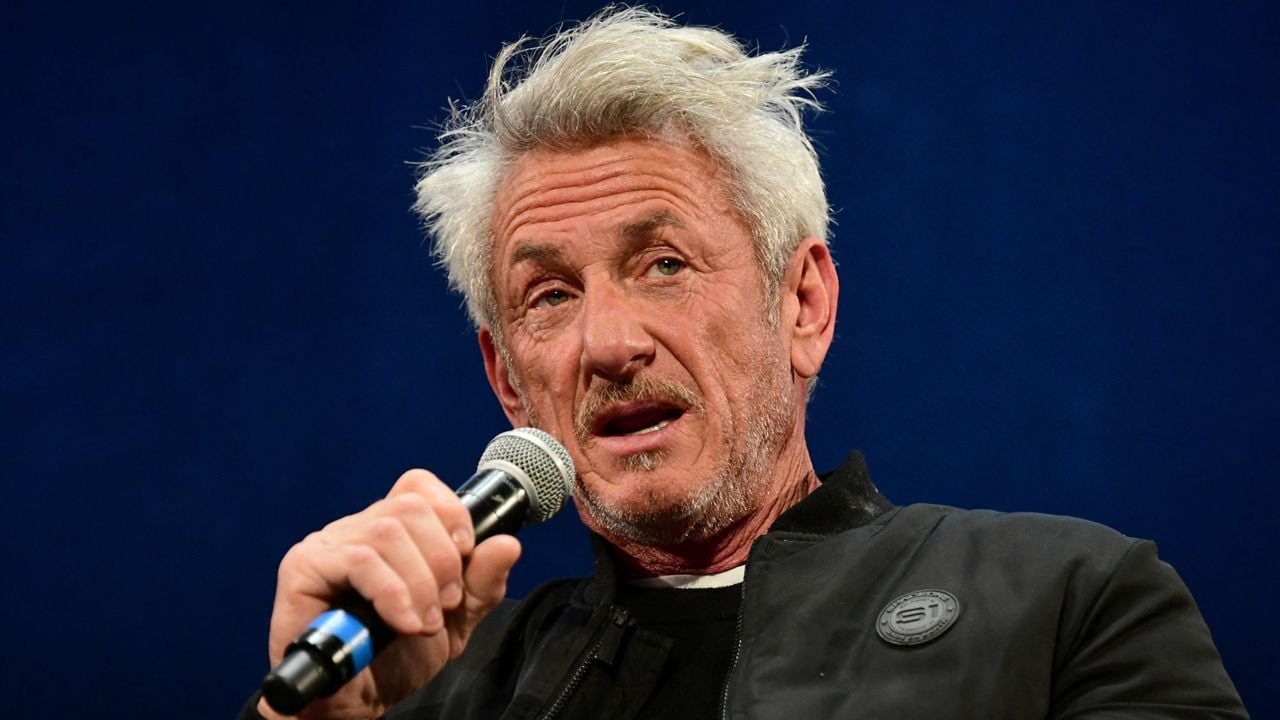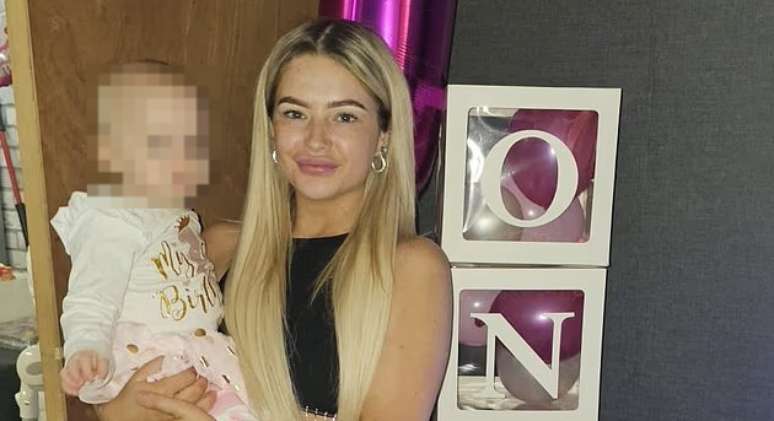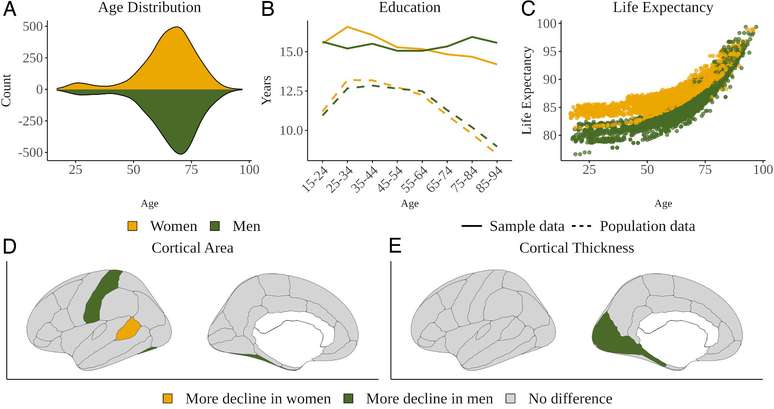Lawyers interviewed by ‘Estadão’ assess that the president’s statements could be framed as early electoral propaganda, abuse of the media and abuse of political and economic power. Punishments depend on the evidence collected and interpretations of electoral legislation
BRASÍLIA – The explicit request for a vote made by President Luiz Inácio Lula da Silva (PT) for the federal deputy and pre-candidate mayor of São Paulo Guilherme Boulos (PSOL) on Wednesday 1st should have consequences at the Electoral Tribunal. Experts consulted by Estadao I agree that there will be legal consequences, but I disagree on the severity of Lula’s actions and the punishments that could result for both of them.
As demonstrated by Estadao, the event organized by the union headquarters in the parking lot of the Corinthians stadium, in Itaquera, was financed in part with the resources of the Rouanet Law and was sponsored by Petrobras and the Council of the National Social Service of Industry (Sesi). The producer responsible for the event raised R$250,000 through the Cultural Incentives Law. This is money that comes from a private donor, but which is then deducted from the taxes owed by the person who donated. The event was also broadcast live by TV Brasil, which belongs to the federal government.
The MDB, the party of São Paulo mayor Ricardo Nunes, the Novo, the party of pre-candidate Marina Helena and the PSDB filed appeals with the Regional Electoral Tribunal (TRE-SP), claiming that Lula carried out propaganda before the regional electoral tribunal. campaign period. According to the MDB, the president’s act had “the full agreement and consent of Guilherme Boulos, who clearly engaged in the illicit practice carried out in his favor.”
How did Lula’s vote request for Boulos go?
During his speech at the rally, Lula asked Boulos for votes, calling the deputy a candidate, despite the fact that the period for conventions and nomination registration only began in July. The president said “no one will defeat” the MP and said his 2022 voters should choose the PSOL pre-candidate in the October elections.
“He’s competing against our national opponent, he’s competing against our state opponent and he’s competing against our municipal opponent. So, he’s facing three opponents and, so, I want to tell you that nobody’s going to defeat this guy here if you vote for Boulos mayor of San Paolo in the next elections. And I will make an appeal, every person who voted for Lula, in 1989, in 1994, in 1998, in 2006, in 2010 and in 2022, did so, no Boulos for the mayor of São Paulo”. he said.
What does the electoral law say?
The explicit request to vote by a pre-candidate is prohibited by the Electoral Law (Law 9.504/97). Article 36-A states that “the mention of the presumed candidacy and the exaltation of the personal qualities of the pre-candidates” do not constitute advance election propaganda. However, he stresses, this is only permitted “provided that it does not involve an explicit request to vote”.
The election campaign will begin on August 16, so candidates and allies will only be able to make explicit requests to vote from that date.
The electoral law prevents allies from asking for votes from pre-candidates, but allows them to ask for support or enhance the personal qualities of politicians who intend to contest the elections. For Alberto Rollo, a specialist in electoral law, Lula could escape an infringement if she changed the tone of the speech given at the demonstration in Sao Paulo.
“You can ask for support, you cannot ask for a vote. If Lula had changed his entire speech and asked for support from Boulos, there would have been no commitment and no illegality. He was wrong when he asked for the vote and the law says that at this moment he cannot make an explicit request to vote”, he specified.
What are the punishments for those who explicitly ask to vote in the pre-campaign?
The Electoral Tribunal provides that the explicit request to vote in the pre-campaign is punishable by a fine ranging from R$5 thousand to R$25 thousand. Both Lula and Boulos could be convicted. The PT deputy for being the author of the vote request and Boulos for being the politician who benefited from the declarations.
According to Vânia Aieta, national coordinator of the Brazilian Association of Electoral and Political Law (Abradep), it is possible that the two will be punished with the highest sentence. “Considering the size of the place, on May 1 the court will certainly be able to impose the maximum fine, R $ 25 thousand,” she explained.
Could Lula’s statement threaten Guilherme Boulos’ candidacy?
The electoral law experts consulted by Estadao I disagree with the possibility of Boulos’s candidacy being revoked due to Lula’s request for a vote. After the speech was broadcast, opponents of the federal government defended the cancellation of the congressman’s campaign, as well as the president’s ineligibility for abuse of economic and political power.
For electoral lawyer Fernandes Neto, Lula’s statements are not “serious enough to justify a conviction for abuse of political, economic and media power”, even with the use of public resources to pay for the event and the live television broadcast from TV Brasil.
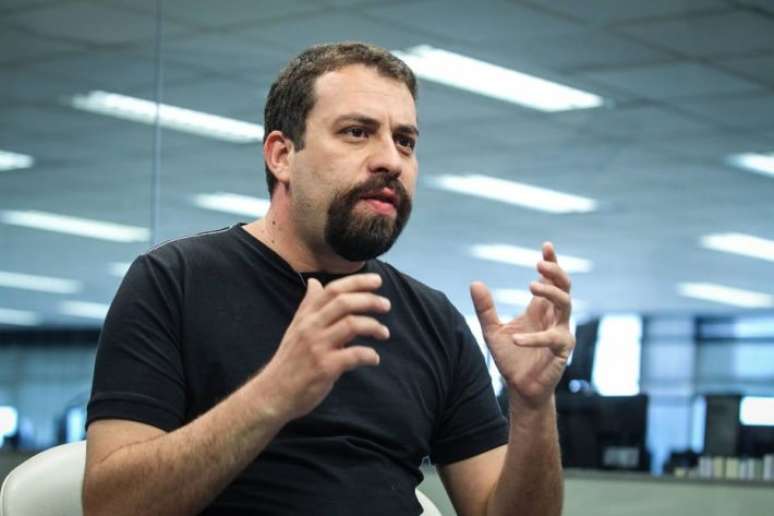
The electoral lawyer Adriano Soares da Costa, author of the book “Institutions of electoral law”, assesses Lula’s conduct as serious and leaves room to classify it among the electoral crimes of abuse of economic and political power and abuse of the means of communication, which , by extension, would also target Boulos for having been the beneficiary of any prohibited conduct.
“This could constitute an abuse of political power and economic power through the use of public resources. The use of TV Brasil generates, in theory, an improper use of the media,” he said. “Lula’s speech alone would be mere early election propaganda and would generate a fine. The problem is the context of the speech. If he made that speech in an interview or in a meeting that does not involve public resources, it would be early election propaganda. But it involves ‘use of public resources,” he said.
The electorate also underlined that Lula’s behavior was aggravated by the fact that, during the demonstration with the unions, he sanctioned the revision of the income tax table. He also underlines that the electoral law prohibits unions from investing resources in political activity, at the risk of incurring undue expenses, under penalty of ineligibility. “Both the Rouanet Law and union expenses could not be used in an electoral event. It was in a private setting, but (Squid) performed a public act for the benefit of workers by changing the tax schedule. What would have been eminently private has been incorporated as a government event,” she assessed.
Soares da Costa explains that an electoral judicial investigation action (Aije) can be launched to investigate the case only after Boulos’s candidacy has been registered. This type of process can result in the ineligibility of the perpetrator and the beneficiary of the infringement.
For Vânia Aieta, the chances that Boulos’s candidacy will be jeopardized are minimal. The expert does not even see the possibility that this fact could cause the president’s ineligibility. “It could result in prohibited behavior, but I maintain that it would continue to be a sanction. It would be a bolder sanction, but it would not even lead to the revocation of future candidacy. It would be absurd even for Lula to be ineligible in the future,” he said.
What is the difference between Lula’s request for votes and Bolsonaro’s meeting with the ambassadors?
After Lula’s call for a vote, opponents compared his speech to the meeting held by former president Jair Bolsonaro (PL) with ambassadors at the Palácio do Planalto in July 2022, which culminated in his ineligibility by decision of the Superior Electoral Court (TSE). The PT member’s critics argue that the financing of the event with public funds and the broadcast by TV Brasil are factors that bring the two episodes closer together.
The experts consulted by Estadao diverge from an equation between the meeting with the ambassadors and the Itaquera event. Alberto Rollo notes that the votes against the former president of the TSE took into account other movements of the former president that contested the Electoral Tribunal and electronic voting machines, and not just the Planalto meeting.
“What the votes that condemned Bolsonaro say is that he was already carrying out a defamation campaign against the Electoral Tribunal and against the electronic voting machine. At one point, the TSE says that the meeting was another chapter of this soap opera. So, it was more serious than an event that happened in the Corinthians parking lot,” he said.
According to the expert, if Lula were to violate the electoral law on other occasions, there would be a greater probability that the president would be condemned to ineligibility. “Today I think it is not enough for an Aije. But if this is repeated in several acts, Boulos can be accused of being the beneficiary and Lula of being the author of some abuse”, he said.
According to Guilherme Gonçalves, an electoral lawyer and member of Abradep, the meeting with the ambassadors differs from Lula’s speech in that it was aimed at undermining the normality of the 2022 presidential elections and not at bringing more votes to a specific candidate.
“Bolsonaro was not punished for having obtained more or fewer votes, he was punished for having attacked the normality of the elections. He used the immense political power he had to attack the very existence of the electoral process”, he explained.
Source: Terra
Rose James is a Gossipify movie and series reviewer known for her in-depth analysis and unique perspective on the latest releases. With a background in film studies, she provides engaging and informative reviews, and keeps readers up to date with industry trends and emerging talents.

